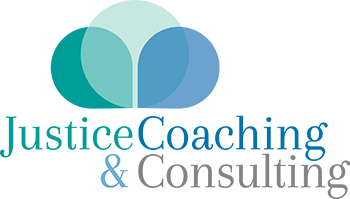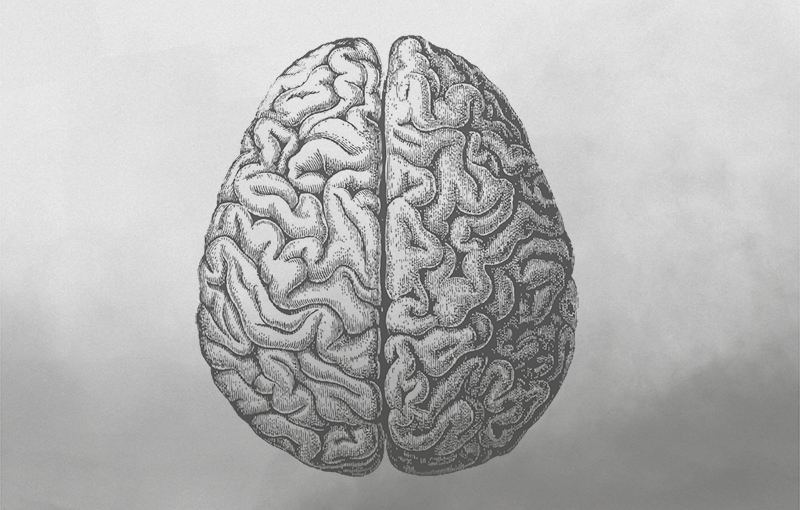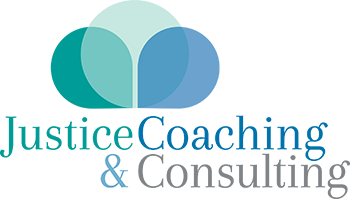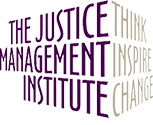Recently, my husband and I received some unsettling news. As we attempted to find a focus for the remainder of that day, we both wandered about aimlessly. Finally, over dinner at one of our favorite restaurants we explored our day of living with a foggy brain. I’m quite certain we cannot claim ownership of the name “foggy brain,” but we knew what it felt like to live with the foggy brain's unguided and seemingly unconcerned welfare for our outcomes.
My foggy brain forgot things, wandered without focus, could not anchor my body to a context, and kept my well of reserve mostly dry. I knew that I needed to find a way to restore myself, physically, emotionally and spiritually.
Dr. Edy Greenblatt, through her doctoral research, suggests most of us are unaware of the things that deplete our resources and the things that regenerate and restore. So, building on the notion of lessening depleting activities and increasing those that restore, I embarked on clearing my foggy brain.
To aid me in this process, I applied some basic coaching principles. The first was to get clear on my challenges – a medical issue, upsetting family dynamics, and professional development, all with immediacy and urgency without clear pathways for resolution.
I then decided to accept my heightened sense of anxiety, and to acknowledge the weight I am shouldering is significant. I examined the options available to me at that moment. I could let go of the medical – incomplete information. I could enlist other more resilient family members to help me address the upsetting dynamics. And for the business, I could continue to actuate existing plans for the coaching and consulting business I love.
And finally, I utilized a powerful component of coaching – accountability. Who and how will I be held accountable? My husband and I had a meaningful conversation about how we needed to be with each other during this stressful period. We committed to taking lots of walks, and playing as much golf (you know, the game I hate) as time allows. But mostly, we committed to leaning into each other for support to stay the course.
That’s what makes coaching so important. Coaching can help navigate the foggy brain by allowing and acknowledging its presence and by honoring where the coaching colleague is in that moment and in that context. You may not totally clear the foggy brain, but coaching is a great way to start to see your way out.






